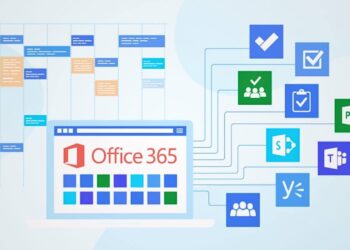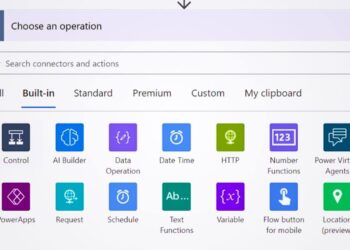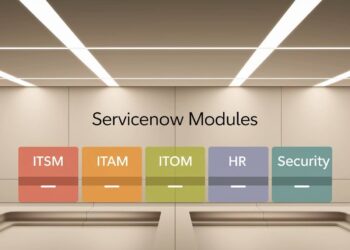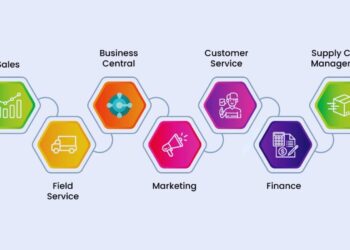Choosing the best operating system for a PC can feel overwhelming with so many options available today.
Your computer’s operating system is like the foundation of your house, it determines how everything else functions and feels.
Maybe you’re building a new PC, upgrading an old one, or simply curious about alternatives to what you’re currently using.
The right OS can transform your computing experience, making tasks smoother, faster, and more enjoyable.
From Windows 11’s gaming prowess to Ubuntu’s open-source flexibility, each operating system brings unique strengths to the table.
Some excel at creative work, others shine in development, and many focus on everyday productivity.
In this guide, we’ll explore the top PC operating systems of 2025, helping you make an informed decision based on your specific needs and preferences.
What Makes an OS the Best for Your PC?
1. Compatibility with Hardware
Your OS must work seamlessly with your PC’s components. Modern systems need proper CPU, GPU, and RAM optimization to run smoothly.
Driver support determines if your peripherals, graphics cards, and specialized hardware function correctly.
Check minimum system requirements and manufacturer compatibility lists before making your choice.
2. Software Availability
The right OS opens doors to essential applications and games you need daily. Windows dominates gaming and business software, while macOS excels in creative applications.
Linux offers extensive development tools and open-source alternatives.
Consider your must-have programs and verify they’re available on your chosen platform.
3. User Interface and Experience
Your daily interaction with the OS should feel intuitive and efficient.
Some users prefer Windows’ familiar layout, others love macOS’s clean design, or Linux’s complete customization freedom. Think about your comfort level with learning new interfaces and how much control you want over appearance and functionality.
4. Security and Stability
A reliable OS protects your data and maintains consistent performance. Look for built-in antivirus protection, automatic security updates, and system stability records.
Consider how often you’re willing to handle updates and troubleshooting. Some systems prioritize rock-solid reliability while others focus on cutting-edge features.
Top Operating Systems for PCs in 2025
1. Windows 11
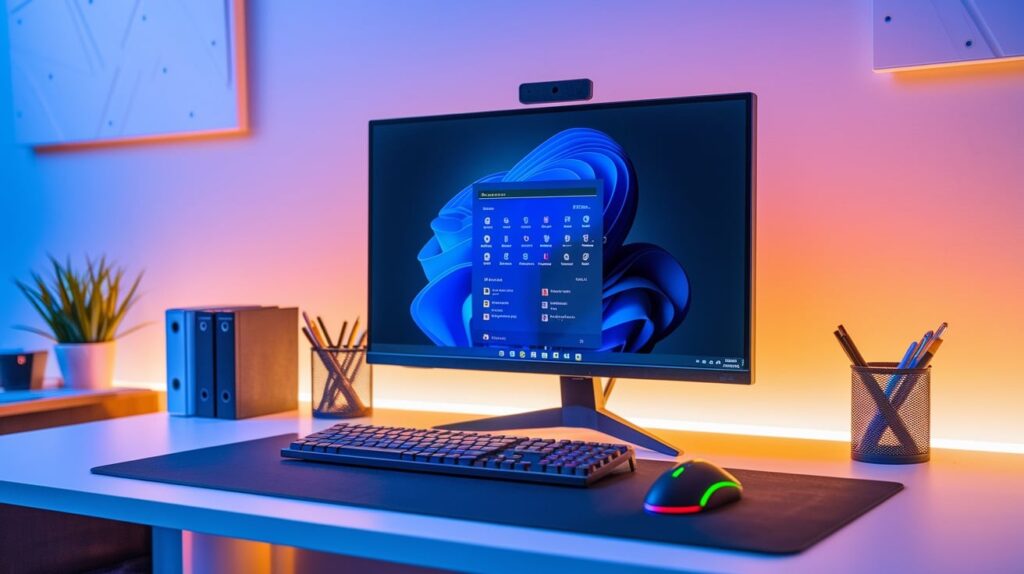
Windows 11 remains the top choice for most PC users, especially gamers who need DirectX 12 support and access to the largest game library.
Its familiar interface makes transitions easy, while features like Snap Layouts boost productivity.
However, strict hardware requirements exclude older PCs, and privacy concerns persist. Regular updates keep security current but sometimes introduce bugs.
2. macOS (for Mac hardware)
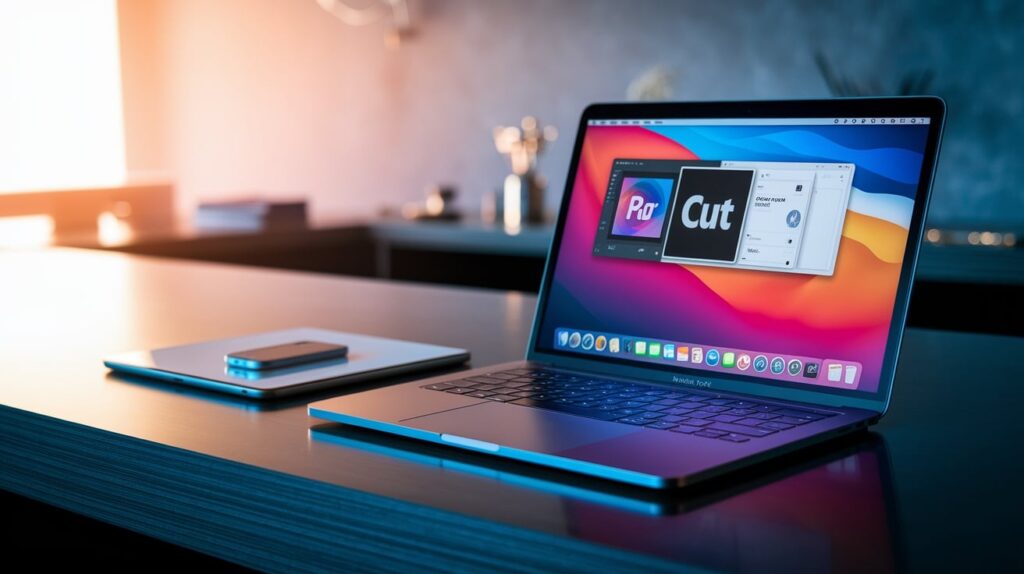
Apple’s macOS excels for creative professionals using Final Cut Pro, Logic Pro, and Adobe Creative Suite with optimized performance.
The seamless ecosystem integration with iPhone and iPad creates smooth workflows. Running macOS on custom PCs through Hackintosh is technically possible but legally questionable and requires significant technical expertise, making it impractical for most users.
3. Ubuntu (Linux)
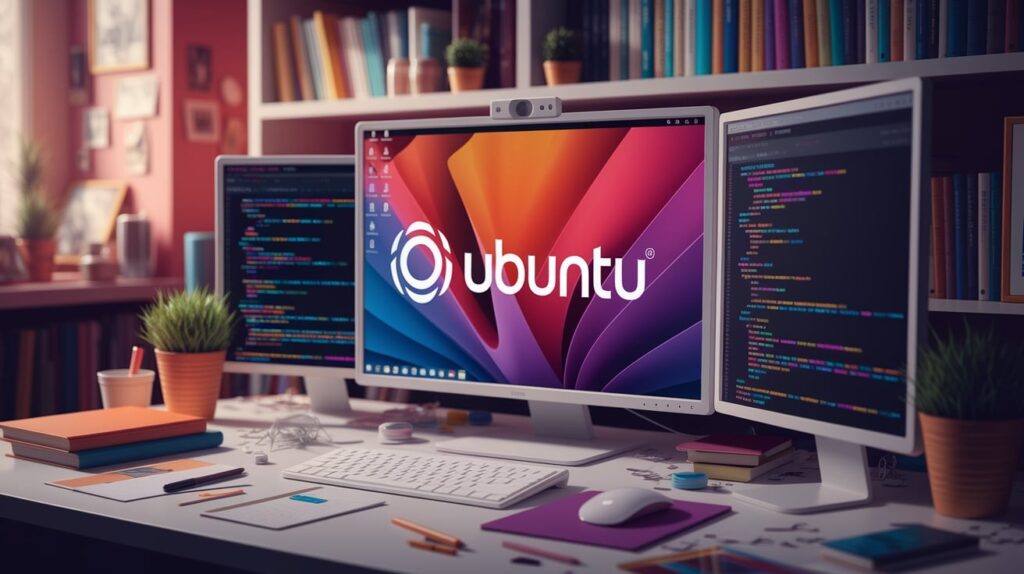
Ubuntu leads Linux distributions with user-friendly installation and extensive community support. Developers appreciate built-in programming tools, package managers, and terminal access.
It’s completely free with no licensing costs and offers superior customization options. However, gaming support remains limited, some proprietary software isn’t available, and newcomers face a learning curve when transitioning from Windows or macOS.
4. Fedora or Other Linux Distros

Advanced users gravitate toward Fedora for cutting-edge features and Red Hat’s enterprise backing. Arch Linux offers ultimate customization for tech enthusiasts willing to build systems from scratch.
These distributions provide superior performance optimization and complete control over system behavior.
They require significant Linux knowledge and troubleshooting skills, making them unsuitable for casual users seeking plug-and-play experiences.
5. Chrome OS Flex

Google’s Chrome OS Flex transforms older computers into fast, cloud-focused machines perfect for web browsing, document editing, and streaming.
It boots quickly, updates automatically, and offers excellent security through sandboxing. Ideal for students, seniors, or anyone needing basic computing without complexity.
Limited offline functionality and dependence on internet connectivity restrict its usefulness for intensive tasks.
Choosing the Right OS Based on Your Needs
1. For Gamers
Windows 11 dominates gaming with DirectX 12 Ultimate support, the largest game library, and optimal GPU driver compatibility.
Steam, Epic Games Store, and Xbox Game Pass work flawlessly here. Anti-cheat systems like BattlEye require Windows for many popular multiplayer titles.
While Steam Deck proves Linux gaming potential, Windows remains essential for competitive gamers and those wanting day-one access to new releases.
2. For Office and Productivity Work
Windows 11 leads business environments with full Microsoft Office suite integration, enterprise security features, and broad software compatibility.
macOS excels for creative professionals using Adobe Creative Cloud or Final Cut Pro with superior stability.
Both offer reliable email clients, calendar apps, and video conferencing tools. Choose based on your company’s existing infrastructure and required applications.
3. For Developers and Tech Enthusiasts
Linux distributions like Ubuntu and Fedora provide native development environments with powerful terminal access, package managers, and programming language support. macOS offers excellent development tools for iOS apps and web development.
Windows Subsystem for Linux bridges the gap, but native Linux remains superior for open-source development, server management, and system administration tasks requiring complete control.
4. For Casual and Web-Based Use
Chrome OS Flex transforms older hardware into responsive machines perfect for web browsing, streaming, and basic document editing.
Ubuntu offers a gentle introduction to Linux with user-friendly interfaces and software centers. Both provide secure, low-maintenance computing experiences.
Choose Chrome OS for simplicity or Ubuntu for more flexibility while maintaining ease of use.
Operating System Comparison Table
|
Operating System |
Best For |
Pros |
Cons |
Hardware Requirements |
|
Windows 11 |
General users, gamers, and business |
• Largest software library • Excellent gaming support • Familiar interface • Strong hardware compatibility |
• Strict hardware requirements • Privacy concerns • Licensing costs • Occasional update issues |
TPM 2.0, UEFI, 8GB RAM minimum |
|
macOS |
Creative professionals, Apple ecosystem users |
• Excellent creative software • Seamless device integration • Superior stability • Strong security |
• Limited to Apple hardware • Expensive entry cost • Limited gaming options • Less customization |
Apple Silicon or Intel Mac only |
|
Ubuntu Linux |
Developers, open-source enthusiasts |
• Completely free • Excellent development tools • High customization • Strong security |
• Learning curve for beginners • Limited gaming support • Some software is unavailable • Driver issues are possible |
2GB RAM minimum, works on older hardware |
|
Fedora Linux |
Advanced users, developers, and system administrators |
• Cutting-edge features • Enterprise-grade stability • Active community • Regular updates |
• Requires technical knowledge • Steeper learning curve • Limited mainstream software • Not beginner-friendly |
2GB RAM minimum, modern processors preferred |
|
Chrome OS Flex |
Basic computing, web browsing, and older hardware |
• Very lightweight • Fast boot times • Automatic updates • Excellent security |
• Limited offline functionality • Requires an internet connection • A few local applications • Not suitable for power users |
4GB RAM, works on very old hardware |
Conclusion
Selecting the right operating system comes down to understanding your specific needs and technical comfort level.
Windows 11 remains the safe choice for most users, offering broad compatibility and gaming excellence.
Creative professionals will find macOS worth the investment, while developers and tech-savvy users can benefit from Linux distributions like Ubuntu or Fedora.
Don’t overlook Chrome OS Flex if you need a simple, fast solution for basic computing tasks. Remember, there’s no universal “best” choice – only what works best for your situation.
Take time to consider your must-have software, hardware limitations, and how much learning you’re willing to do.
Most operating systems offer trial options or live boot capabilities, so you can test before committing. The right OS will make your computing experience smoother and more productive.
Frequently Asked Questions
Which OS is better, Windows 10 or 11?
Windows 11 offers better gaming performance, modern interface, and enhanced security, but Windows 10 remains stable with broader hardware compatibility.
Is there a better option than Windows?
macOS excels for creative work, Linux provides superior customization and development tools, but Windows offers the broadest software compatibility overall.
What is the most used desktop operating system right now?
Windows maintains approximately 70% market share globally, followed by macOS at around 20%, with Linux distributions holding roughly 3-4%.
What is the number one operating system in the world?
Windows holds the top position globally with approximately 70% of desktop market share, making it the world’s most widely used operating system.
Why isn’t Linux more popular?
Linux requires technical knowledge, lacks mainstream software compatibility, and has a steeper learning curve compared to user-friendly Windows and macOS interfaces.



